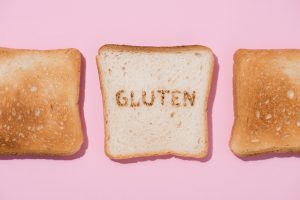As a natural medicine doctor, two of the most common concerns I hear from my patients are trouble losing weight and sleeping. And, while women might think these issues seem totally unrelated, they’re actually pointing to the same issue … insulin resistance.
Here are some of my best weight loss tips for women that can definitely help.
Let’s start at the beginning … with our circadian rhythms.
Dr. Gala’s Quick Take
Yes, poor sleep increases insulin resistance, making it harder to lose weight. Lack of sleep disrupts the body’s ability to regulate blood sugar, leading to weight gain and increased insulin resistance. A fiber-rich diet and having less processed sugar can help balance insulin and support weight loss.
Melatonin and Circadian Rhythms
Our bodies have an internal clock that regulates sleep and wake cycles, known as circadian rhythms. These circadian rhythms do more than regulate our sleep and wake cycles though.
They control all of our body’s internal systems. As an oriental medicine practitioner, we are trained to use the two-hour segments of the day that correlate to a specific organ or system to help us diagnose a problem. These segments of time are directly related to our circadian rhythms.
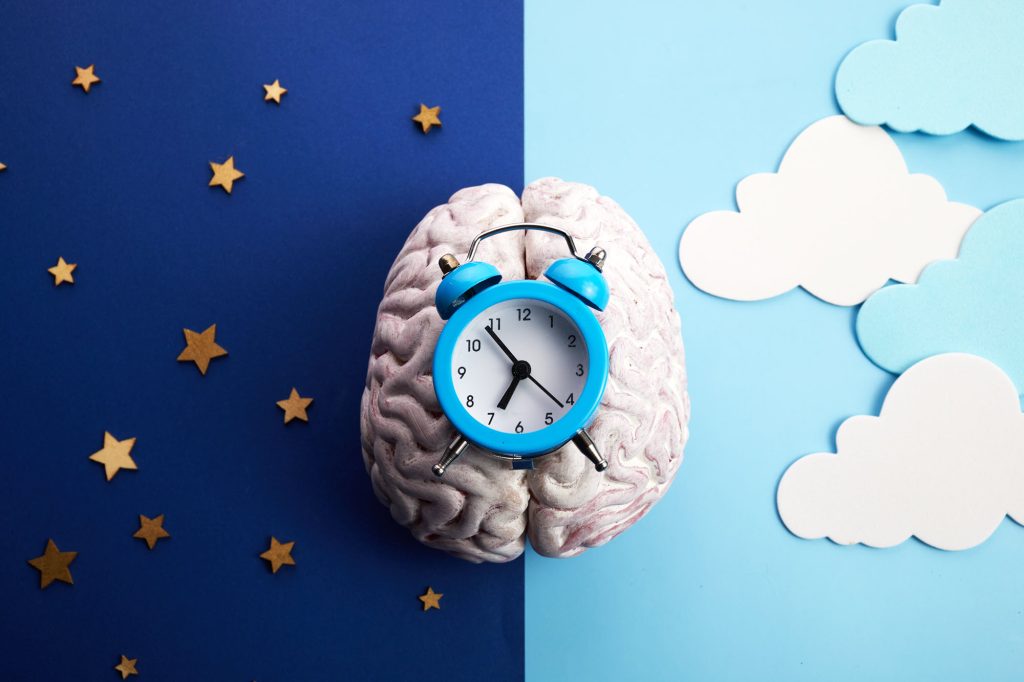
Depending on the segment of the day, the organ involved gets a little extra love. Extra energy is diverted to that organ to help it do its job … rejuvenate or repair the damage caused by normal wear and tear, or worse.
If you have symptoms that seem to repeat at around the same time every day, it points to what organ or body system might be involved.
From a scientific perspective, this internal clock is regulated by a part of the brain called the suprachiasmatic nucleus (SCN). So, it’s less “woo woo” than it may seem at first.
What if you’re not feeling sleepy when you’re supposed to? Your circadian rhythms may be disrupted.
One natural sleep aid that’s been gaining popularity in recent years is melatonin. But did you know that melatonin is closely tied to our body’s circadian rhythms?
Could melatonin be supplemented to help reset our circadian rhythms?
Let’s dive into that a little deeper.
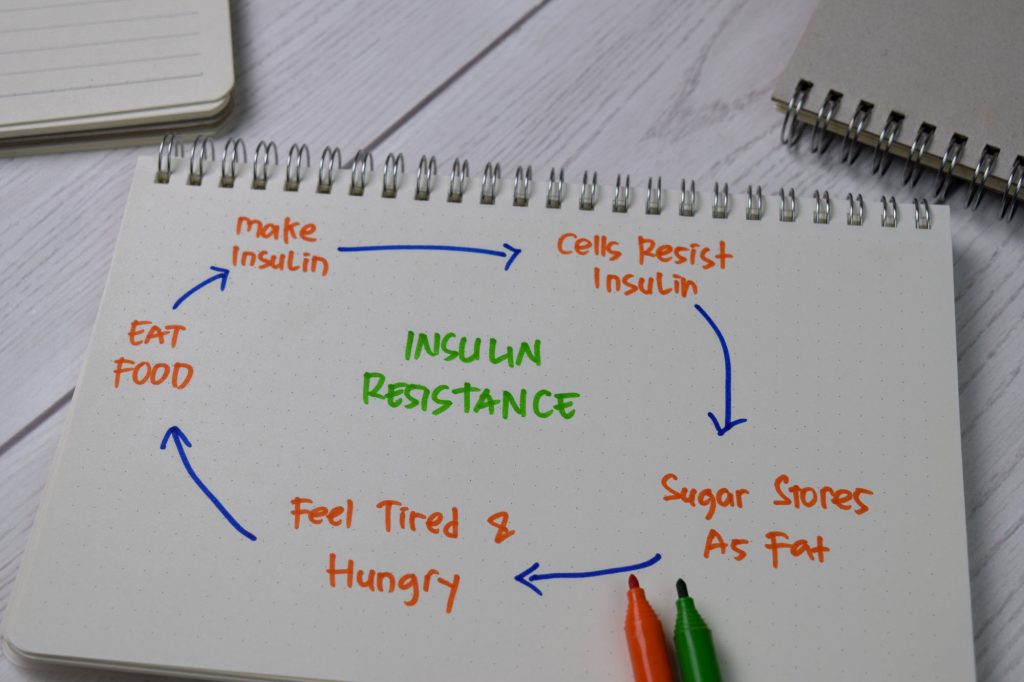
Melatonin is a hormone produced by the pineal gland in response to darkness. It is generated naturally when our system is working properly.
Melatonin levels rise in the evening, helping us feel sleepy and promoting deeper, more restful sleep. In the morning, melatonin levels drop as daylight increases, helping us feel more alert and awake.
There is some research suggesting a relationship between melatonin production and insulin resistance. Insulin resistance describes a condition when the body’s cells become less responsive to insulin … a hormone that helps regulate blood sugar levels.
Insulin resistance has been linked to weight gain and difficulty losing weight. Some additional observations and weight loss tips for women may help you connect the dots.
- Insulin resistance can lead to high levels of insulin in the blood, which can promote fat storage and make it harder for the body to burn stored fat for energy.
- This can contribute to weight gain, particularly around the abdomen … belly fat.
- People with insulin resistance may also have higher levels of inflammation in the body making it harder to lose weight.
In addition to weight gain, insulin resistance is associated with other health issues … not just type 2 diabetes. It is also believed to contribute to heart disease and high blood pressure.
Melatonin and Insulin Resistance
Melatonin has been shown to have a regulatory effect on insulin secretion. Some studies have found that melatonin may improve insulin sensitivity in people with diabetes.
Disrupted circadian rhythms and low melatonin levels may contribute to insulin resistance and metabolic disorders … including diabetes.
Melatonin supplements may help improve insulin resistance and glucose metabolism in people with metabolic disorders. More research is needed to fully understand the relationship between melatonin and insulin resistance, and whether melatonin supplementation is an effective treatment for these conditions.
Addressing insulin resistance through lifestyle changes … like improving diet and increasing physical activity … can make it easier to manage menopausal weight gain and improve overall health.
Some dietary changes that may be helpful for improving insulin sensitivity and promoting weight loss include:
- Reducing processed and sugary foods
- Increasing fiber-rich foods like fruits and vegetables
- Eating protein-rich foods to help regulate blood sugar levels
Exercise can also be beneficial for improving insulin sensitivity and promoting weight loss. Aim for at least 30 minutes of moderate-intensity exercise most days … like brisk walking, cycling, or swimming.
And, exercising outside in natural sunlight will help to reset your circadian rhythms … amplifying the benefits.
Until we do things to interrupt the process … like introducing blue light from electronic devices.
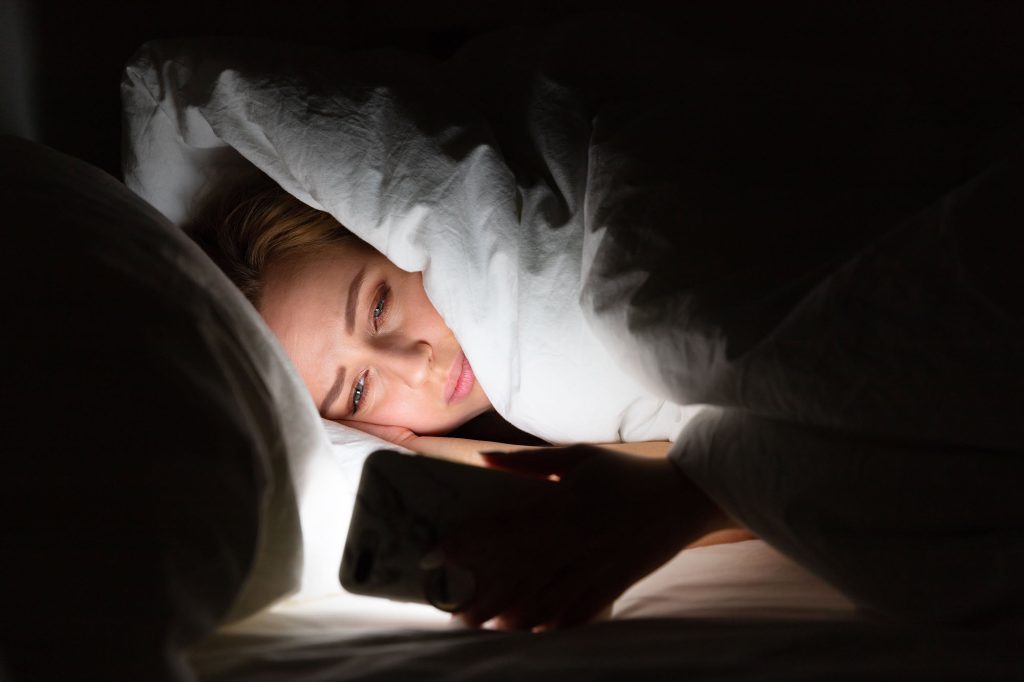
Phones and tablets can suppress melatonin production and disrupt circadian rhythms. Irregular sleep schedules … even staying up late on weekends … can also throw off our body’s internal clock.
Shift work and jet lag can be especially challenging for circadian rhythms and melatonin production. Studies have found that people who work night shifts or have irregular sleep schedules may be at higher risk for developing insulin resistance and type 2 diabetes.
When we use artificial lighting and don’t recognize the natural rhythms in nature … the sun setting and the sun rising, it’s understandable that our internal clock gets confused.
Easy Ways to Reset Circadian Rhythms for Weight Loss
The best and easiest way to reset your circadian rhythms is to get outside for a few minutes in the morning after the sun comes up. Just a few minutes soaking up the morning sun is enough … and you’ll be surprised by the other health benefits that accumulate from the increase in natural Vitamin D.
Even more important to improve sleep is exposure to the light from the setting sun. Getting outside in the evening is a game-changer. Enjoy what my husband’s family likes to call a “postprandial perambulation.” Also known as an after-dinner walk.
It provides many health benefits including improved digestion.
And, if you’re following my suggestion to skip the evening meal, taking a walk can provide just the distraction you need to make it easy to change a well-established habit like eating a big dinner. This is one of the options women who are new to fasting often choose during my Human Energy System Reboot.
Freeing up resources for rest and repair during your time spent sleeping will compound to improve sleep and health. But getting outside in the evening also allows your circadian rhythms to reset and prepare for sleeping … supporting the natural melatonin production cycle.
So, aim to get exposure to natural sunlight during the day to help regulate circadian rhythms and use dim lighting in the evening to signal to your body that it’s time to wind down.
Remember to avoid electronic devices for at least an hour before bed to promote melatonin production. I suggest using high-quality blue light-blocking glasses if you are exposed to screens after 7 PM.
If that sounds like too much trouble, you may be thinking that supplementing with melatonin will allow you to avoid making these lifestyle adjustments.
Think again!
In this video, I provide additional insight into the development of insulin resistance and how to avoid it.
Should you supplement with melatonin?
Many people have turned to melatonin to force their bodies to sleep. Trying to artificially boost melatonin levels because our bodies aren’t producing enough of it is not the answer … long-term.
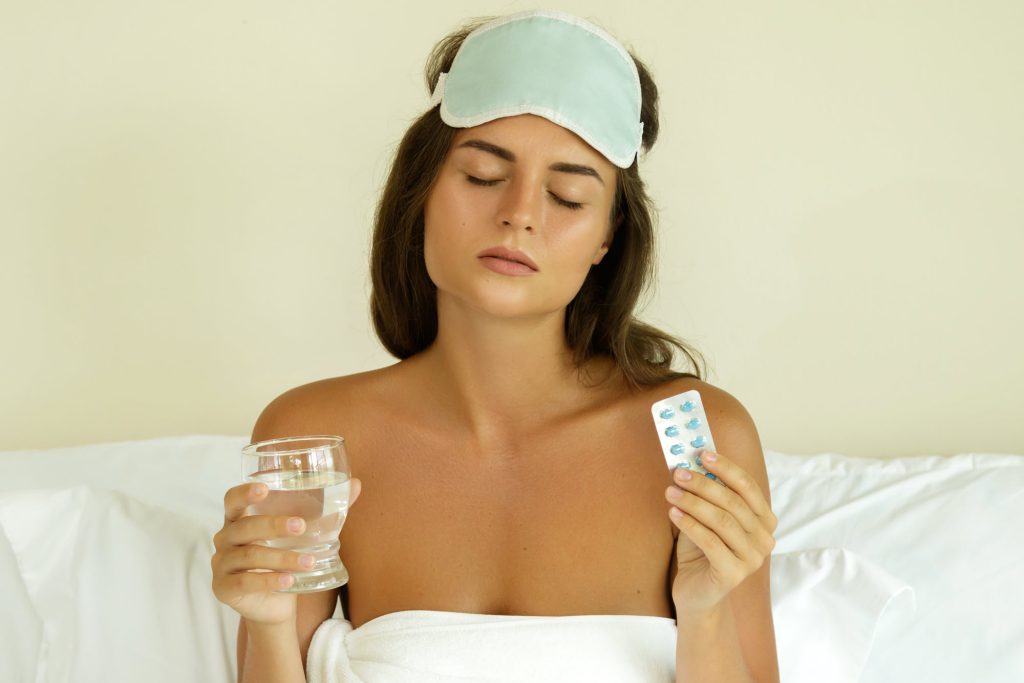
It may be helpful for some people to supplement with melatonin … short-term … if they really are struggling to sleep. We all have the same 24 hours to allocate to activities. Sleep is non-negotiable.
It’s the period of time when our body rejuvenates … doing rest and repair work. If we’re not sleeping well, it IS negatively affecting our health.
And, it’s incredibly challenging to maintain emotional regulation when we’re tired. Essentially, we’re not pleasant to be around. We’re probably not even enjoying our own company!
Everything goes haywire when we’re not sleeping well.
Still, supplementing with melatonin isn’t the answer.
Melatonin may help you fall asleep. But what happens if you take melatonin in the middle of the night?
It’s common for people to wake up between 1 and 3 AM … having difficulty falling back to sleep. This is the segment of the circadian rhythm cycle where our liver is undergoing regular maintenance.
Taking melatonin in the middle of the night will make the problem worse. Your natural melatonin production is going down to prepare you for waking … feeling rested and energized.
If you need a little extra support falling asleep, melatonin might be something to consider on occasion. But if your problem is waking up in the middle of the night, then we need to do a little more investigative work because there’s a reason why you’re not sleeping soundly.
Melatonin supplements can be a helpful natural option in some circumstances and for short periods of time. It’s important to use melatonin supplements responsibly and not rely on them as a long-term solution.
To avoid weight gain and sleep issues due to insulin resistance, promote natural melatonin production. Remember to take steps to cooperate with your body’s internal clock … your circadian rhythms. Taking care of our health is important and getting sound sleep to help maintain a healthy weight and body fat percentage will serve you well.
“If you came into my office, I’d ask you a lot of questions that would help us connect the dots … so that together we can deal with your toxic stress.
Every situation is unique and you need a plan that works for you. Not a one-size-fits-all solution.
If you’re thinking you can’t come into my office, don’t worry. I’ve created a program with all of my initial recommendations to help you unravel the mystery. You can use it at home and at your convenience.
So if you’re thinking that managing chronic stress just isn’t possible … or even the answer … for you, I want to show you what you may be missing.
And how you can identify the toxic stressors that are creating your symptoms with my Human Energy System Reboot. You can get started HERE.” – Dr. Gala



